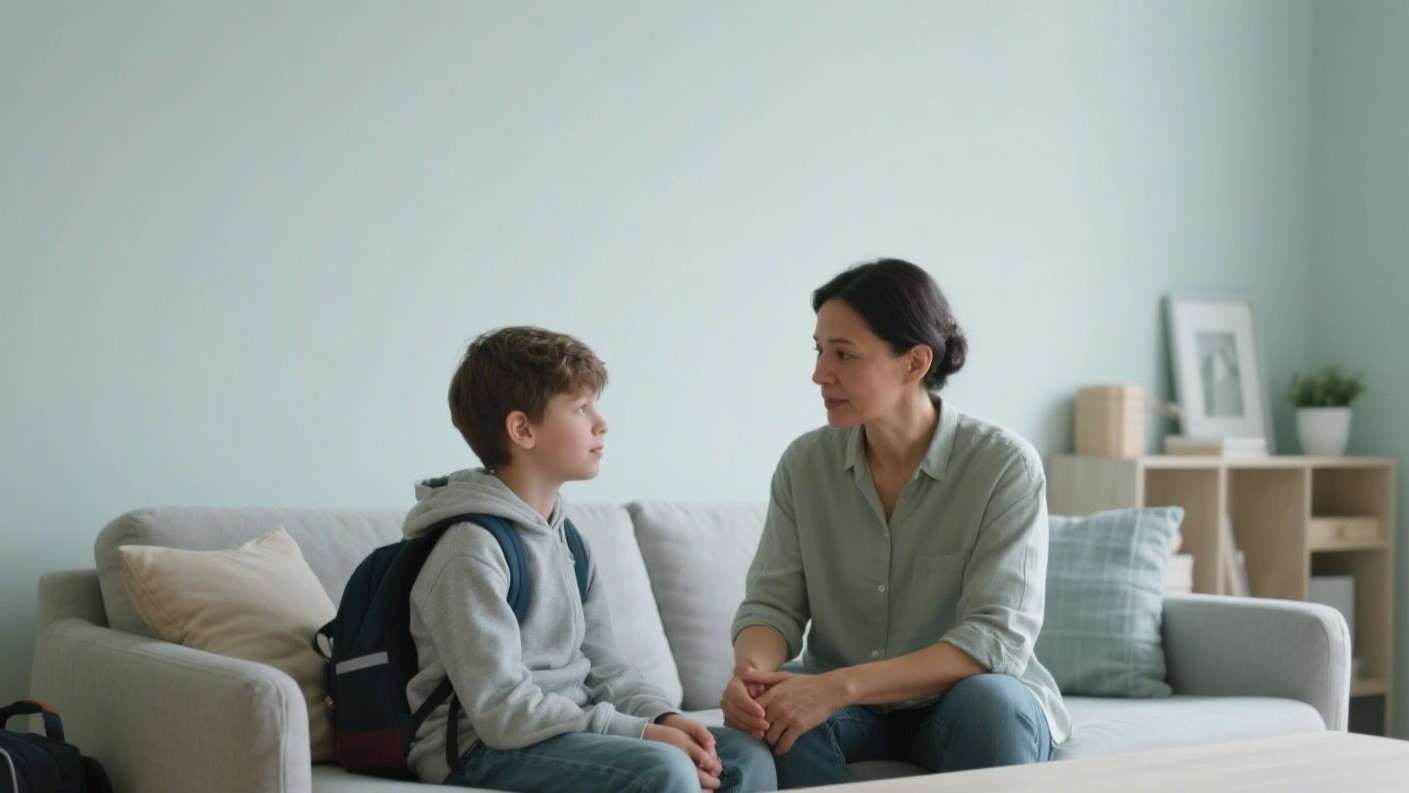When one of my sons was suspended for a day due to mischief with friends, it forced us into unfamiliar parenting territory. While it’s natural to want to defend your child, we knew it was important to acknowledge his mistake and enforce consequences.
Facing the Issue Head-On
We’ve rarely had to impose serious discipline. Usually, a sharp “Please stop” is enough. But this time, the school called us in. Before the meeting, my husband and I agreed on our approach: protect our bond with our son, but also make it clear that his behavior had consequences. We decided on a weekend at home with no social plans — firm but not harsh.
In the vice-principal’s office, the conversation felt oddly like a scene from an ’80s high school movie. At one point, my husband defended our son by pointing out shared responsibility among the group. At first, I worried this sent the wrong message. Later, our son thanked him — it reminded him we were on his side, even while holding him accountable.
Striking the Right Parenting Balance
Afterward, I wrestled with how to balance discipline and reassurance. I admire parents who can deliver consequences with calm authority, but I often overthink these moments. That night, we watched The Breakfast Club together — a film that, in my youth, felt like a celebration of rebelling against strict parents.
Now, as a parent, I see it differently. The parents in the movie are shown as cold and hypocritical, but today’s parenting culture emphasizes emotional connection alongside structure. Still, the question remains: how do you teach respect for authority without sacrificing trust?
The Takeaway
Our “grounded” weekend turned out to be pleasant and distraction-free. It also reminded me that as children enter their teen years, they don’t need less parenting — they may need more. Discipline and connection aren’t opposites; the real challenge is keeping both alive at the same time.








